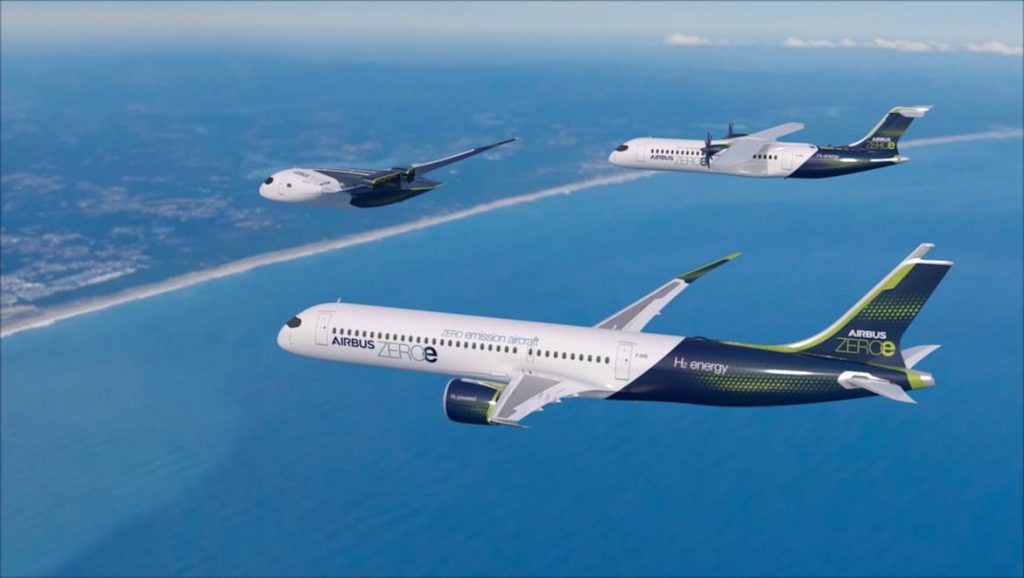
Universal Hydrogen, a US company working towards developing solutions for the use of hydrogen as an alternative to jet fuels in aviation, has successfully raised US$20.5 million in its series A funding round.
The company has said the funds are allowing it to accelerate its development in green aviation solutions, and it hopes to see the first commercial flights utilising its hydrogen-based solutions by 2025.
The funding round was led by Silicon Valley incubator Playground Global, with a number of industry investors, including venture capital arms of Airbus, Toyota and JetBlue.
The California-based company stated it would use the funds largely to build and test full-scale hardware for hydrogen commercial aircraft.
Universal Hydrogen’s solution does not pertain to a purpose-built hydrogen-powered aircraft, such as the Airbus ‘ZEROe’ zero emission aircraft, which is looking to enter service by 2035.
Instead, the company is working on a solution that utilises hydrogen fuel capsules that can be retrofitted into existing aircraft models, with its current focus on smaller, regional planes.
According to Paul Eremenko, co-founder and CEO of Universal Hydrogen as well as ex-Airbus executive, hydrogen is the “only viable fuel for getting true zero emissions in commercial aviation”.
He added: “Our goal is to de-risk the decision for Airbus, Boeing, and COMAC to make their next new airplane in the 2030s a hydrogen-powered one.”
With this in mind, Universal Hydrogen stated it is working to make hydrogen solutions as economical and available as possible by working with industry stakeholders and regulators to develop appropriate certification and safety standards, and demonstrate passenger enthusiasm for carbon-free, hydrogen-powered flight.
However, critics have flagged that it is unlikely Universal Hydrogen will be able to achieve such appropriate certification for hydrogen flight as soon as 2025.
In an interview with Reuters, Eremenko said pressure to curb emissions favoured hydrogen.
“There is a willingness and a need to start talking about such measures,” he said.
“You can no longer say in 2030-ish I will do a hybrid and then in 2050 do something more drastic. If we wait that long it might be too late. We have got to move in a more aggressive way.”
A lack of infrastructure and a lack of urgency have hampered the switch, Eremenko said.
“I think now the urgency is there. That is the tectonic shift in the industry,” he concluded.




